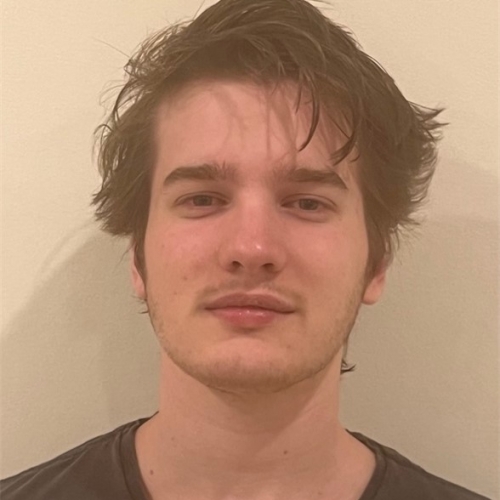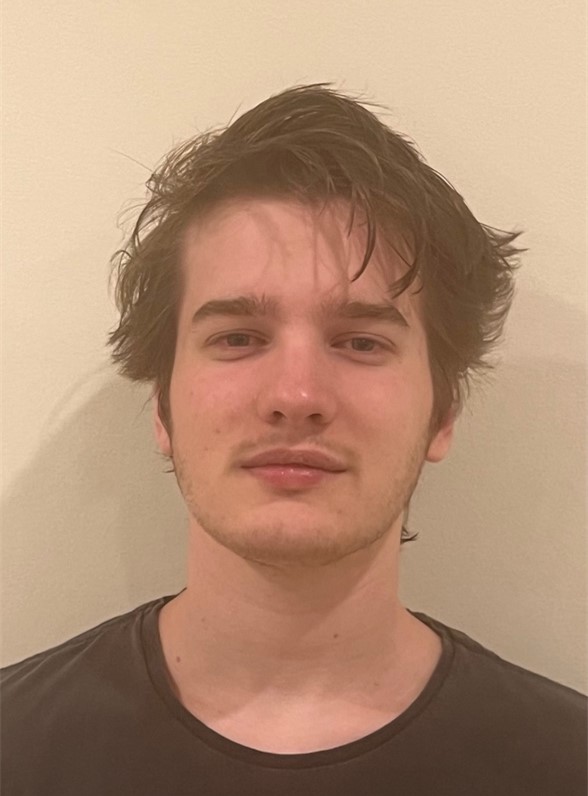
Steven Greenwood
Adelaide University
Steven completed his undergraduate degree in Mathematical Sciences at the University of Adelaide majoring in Pure Mathematics. Steven has recently started his Masters degree, which is focused in the area of Differential and Lorentzian Geometry. In his free time Steven is an avid chess player while being a coffee and tea enthusiast.
Can you give me a quick overview of the type of mathematics you are studying and its potential impacts for the broader community?
My research project is in the field of differential geometry. Specifically, studying algebraic aspects of Lorentzian Homogenous Spaces. That is spaces which are locally flat and admit (n – 1) dimensions of space and 1 dimension of so called “time” while also having this homogenous structure. Specifically, this lets us represent these spaces as quotient spaces G/H for a specific group G and subgroup H. As a result, these can be studied using algebraic tools.
How did you get into mathematics/statistics/data science? Was there someone or something that inspired you to this field?
Maths had always been my favourite subject during school, and I always thought I would go on to pursue engineering. As the career possibilities of studying maths were not really communicated to high school students. However, one night I remember somehow stumbling upon a video of Terry Tao talking about large and small gaps between primes. While watching this I remember thinking it was beautiful despite not being able to understand everything that was said. I think this was when I decided I wanted to study maths.
You received a scholarship to attend AMSI Summer School 2022. How important was this in terms of your ability to attend, fully participate in the program and meet others studying in similar fields?
The AMSI summer school scholarship ensured that I would be able to attend the summer school without any financial difficulty. It also made me much more motivated to participate in all the events offered.
The purpose of Summer School is to give students an opportunity to develop their mathematical skills, meet like-minded people and network with potential employers. What was the most valuable part of the program for you? Was it the course content or the people you met? Do you have new ideas for your work/research or see it in a new light?
The most valuable part of the program for me personally was the course content and the careers day/various panels that were held throughout the event. The course content due to the opportunity to be taught by experts in the field and with the content having some relations to the foundations of my research project. While the careers day and various panels that were held throughout the event gave me unique insight into various topics I hadn’t really thought about before and giving various people in industry/academia to give their unique perspective on mathematical related discussions.
Summer School included a special Careers Day program which aims to help give students an idea of the kinds of career paths available to maths graduates in industry and private sector research areas. Were you previously aware of the types of industry opportunities available to mathematical science graduates? Would you consider working with industry? Do you feel better equipped to explore career options in the mathematical sciences after attending AMSI Summer School?
I previously knew that a Maths degree was one of the most flexible degrees in terms of employability and the growing demand for such people. However, the Careers Day provided an excellent opportunity to think about some of these specific jobs available in industry and definitely provided me more insight to explore different career options in the mathematical sciences in the future.
AMSI Summer School was held as a virtual event. What was the biggest positive from your point of view holding it in this format and/or the biggest challenge?
The biggest positive was that it was online and thus the comfort to participate from home. However, on the flip side by being online the biggest challenge was meeting and working with other people compared to if it was face-to-face.
What advice would you give to someone who is considering applying for Summer School in 2023? Should they apply and why?
I would say go for it. The event provides a great opportunity to get ahead on your studies in an interesting area of mathematics that you might not have encountered before while also providing a great place to interact and meet like minded people from all around Australia/NZ.
Where do you want the mathematical sciences to take you? Where do you see yourself in five, ten year’s time?
It’s hard to predict what will happen in the future. However, in five years’ time I would hope that I have completed my masters and continued to work in maths whether that be through completing a PhD or in some other sense in industry.

